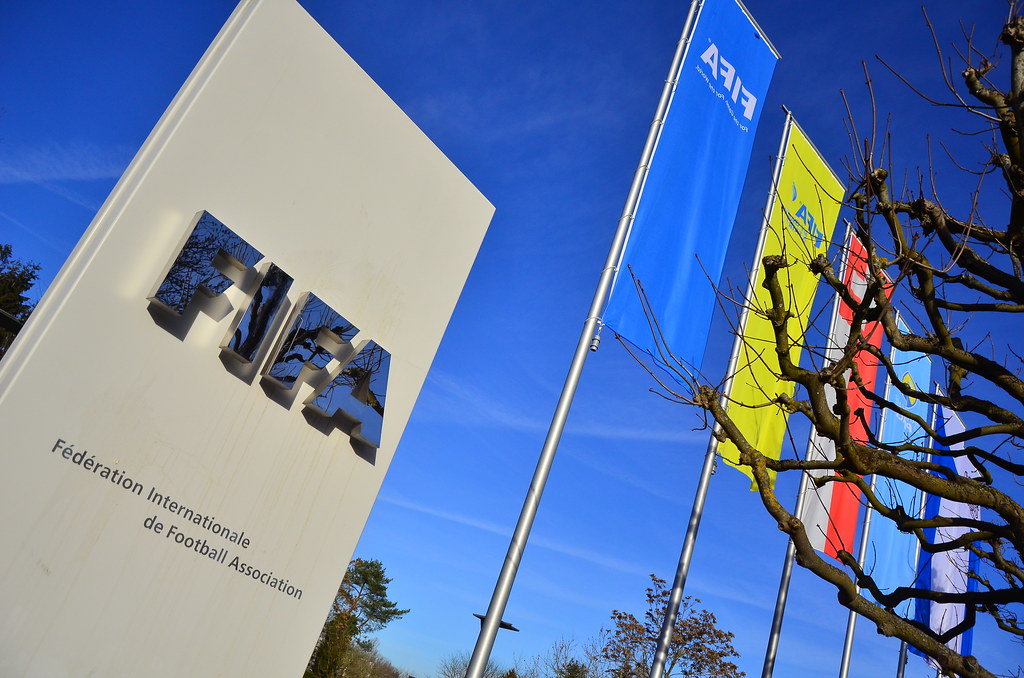The FIFA Disciplinary Committee has handed out four-year doping bans to two players who tested positive for illegal substances during last year’s World Cup qualifiers.
FIFA issued a statement on Monday that El Salvador’s Erick Rivera and Djibouti’s Sabri Ali Mohamed would be suspended immediately after violating anti-doping violations.
Rivera tested positive for the steroid clostebol following his team’s loss to Canada on 8 September.
The El Salvadoran forward has been prohibited from all matches until 5 October 2025.
Mohamed tested positive for testosterone following his team’s 4-0 defeat against Algeria on 12 November. The Djibouti footballer has been barred from playing until 11 January 2026.
Ironically, both players failed to qualify their teams for this year’s Qatar World Cup.
FIFA first introduced anti-doping at the 1966 World Cup finals in England. Since then, regulations have grown harsh, as over 3,000 anti-doping tests were carried out before and during the 2018 Russian World Cup.
The Disciplinary Committee of FIFA has raised the period of bans over the last few years, and life-long prohibitions may even be considered depending on the gravity of the offence.
FIFA suspends all India football federation
Meanwhile, for the first time in 85 years, FIFA has decided to suspend the All India Football Federation (AIFF) due to undue influence from third parties.
“The suspension will be lifted once an order to set up a committee of administrators to assume the powers of the AIFF Executive Committee has been repealed and the AIFF administration regains full control of the AIFF’s daily affairs,” said FIFA earlier on Tuesday.
As a result, the FIFA U-17 Women’s World Cup 2022 which was originally scheduled to take in India has been suspended.
